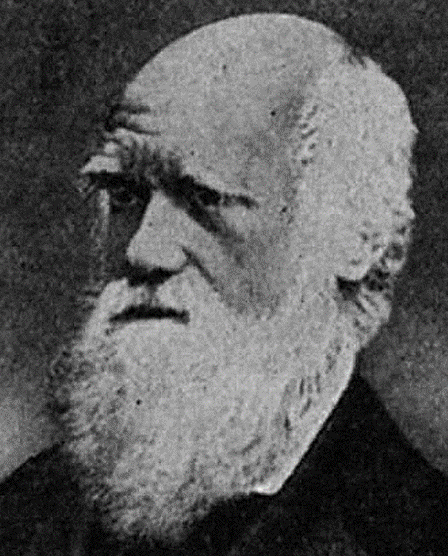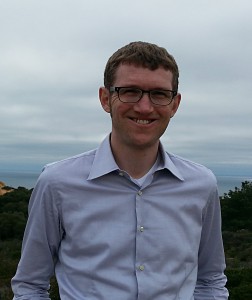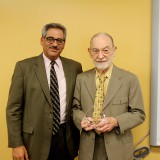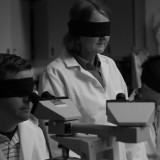Lone Star History of Science Annual Meeting | Writing the Origin with Burned Fingers: Darwin’s Penance for the “Sin of Speculation”
Speaker: Alistair Sponsel, Ph.D., Vanderbilt University
When: Friday, April 3, 2015 – 4:00 pm to 5:30 pm
Cost: FREE and open to the public
Charles Darwin was notoriously slow to publish his theory of evolution by natural selection. His reticent approach to publishing on species is generally attributed to his supposed fear of advocating the potentially controversial doctrine of transmutation. I argue, by contrast, that Darwin’s caution was the result of a specific scientific embarrassment in his past. What concerned him most about the prospect of publishing a theory of evolution was not the topic, evolution, but the general act of publishing a theoretical book. The one other tim e he had tried to do so, as a young man using his theory of coral reef formation to offer an ambitious account of the history of the earth and its inhabitants, the public criticism of his “speculations” drove him nearly to despair and made him unable to deliver the book he had promised. It was this experience which shaped Darwin’s authorial priorities for his next grand theory: evolution by natural selection. He stopped thinking of his private speculations on species as an exhilarating distraction from the challenge of writing a geological book and began to plot a conservative course designed to insulate him (and eventually his species theory itself) from charges of rash speculation. I thus show that Darwin’s well-known authorial decisions on the way to publishing On the Origin of Species were made as attempts to avoid repeating, and ideally to compensate for, the missteps he believed he had made as a young author. In turn I argue that our understanding of scientific authorship has been distorted by the assumption that it must have been the topic, rather than the mode of presentation, that determined how risky it felt to be the prospective author of a theory
the potentially controversial doctrine of transmutation. I argue, by contrast, that Darwin’s caution was the result of a specific scientific embarrassment in his past. What concerned him most about the prospect of publishing a theory of evolution was not the topic, evolution, but the general act of publishing a theoretical book. The one other tim e he had tried to do so, as a young man using his theory of coral reef formation to offer an ambitious account of the history of the earth and its inhabitants, the public criticism of his “speculations” drove him nearly to despair and made him unable to deliver the book he had promised. It was this experience which shaped Darwin’s authorial priorities for his next grand theory: evolution by natural selection. He stopped thinking of his private speculations on species as an exhilarating distraction from the challenge of writing a geological book and began to plot a conservative course designed to insulate him (and eventually his species theory itself) from charges of rash speculation. I thus show that Darwin’s well-known authorial decisions on the way to publishing On the Origin of Species were made as attempts to avoid repeating, and ideally to compensate for, the missteps he believed he had made as a young author. In turn I argue that our understanding of scientific authorship has been distorted by the assumption that it must have been the topic, rather than the mode of presentation, that determined how risky it felt to be the prospective author of a theory
 About Professor Sponsel: Alistair Sponsel is Assistant Professor of History at Vanderbilt University. He specializes in the history of science and exploration since 1768. His current research is focused on two interrelated projects: Charles Darwin’s early career and the history of ocean science. From 2009 to 2012 he managed the U.S. branch of the Darwin Correspondence Project at Harvard University. His book Darwin’s First Theory will be published by University of Chicago Press. A second book will trace the cultural and environmental history of coral reefs, examining how a natural phenomenon once viewed as a menace to human activity came to be seen as inherently fragile.
About Professor Sponsel: Alistair Sponsel is Assistant Professor of History at Vanderbilt University. He specializes in the history of science and exploration since 1768. His current research is focused on two interrelated projects: Charles Darwin’s early career and the history of ocean science. From 2009 to 2012 he managed the U.S. branch of the Darwin Correspondence Project at Harvard University. His book Darwin’s First Theory will be published by University of Chicago Press. A second book will trace the cultural and environmental history of coral reefs, examining how a natural phenomenon once viewed as a menace to human activity came to be seen as inherently fragile.
More information about the Ethics in Science Lecture Series can be found on their website.














